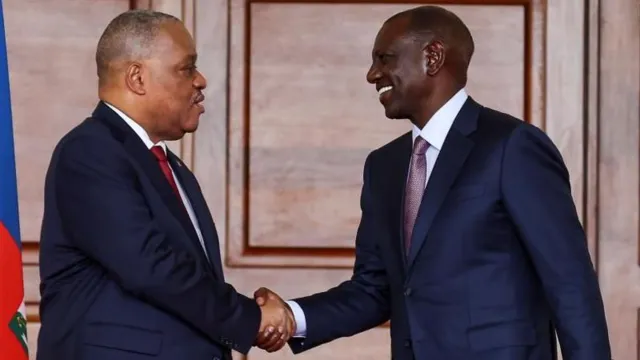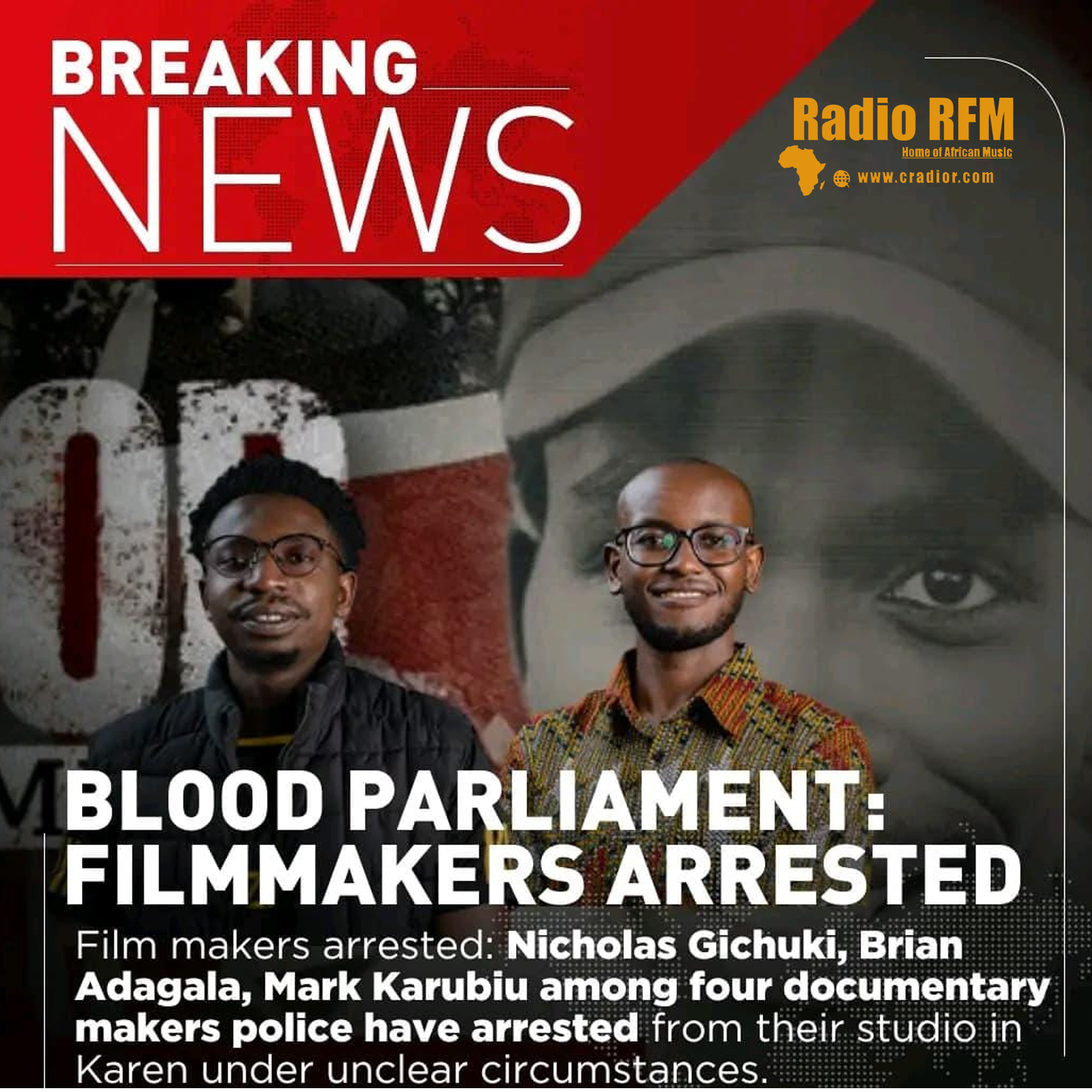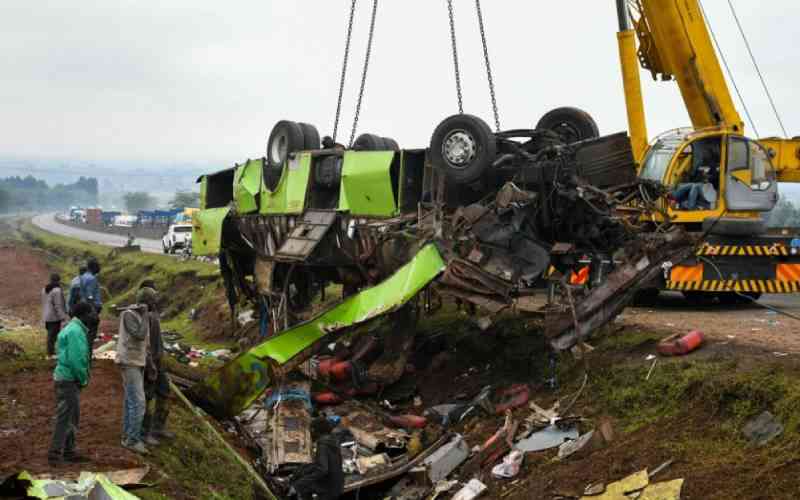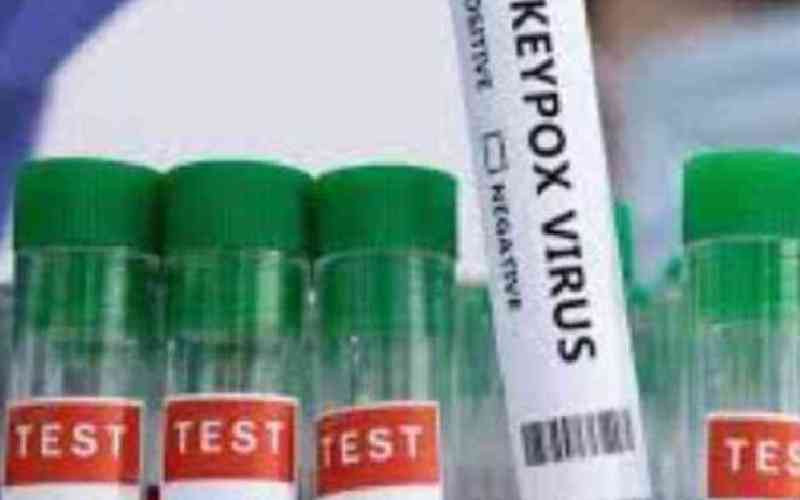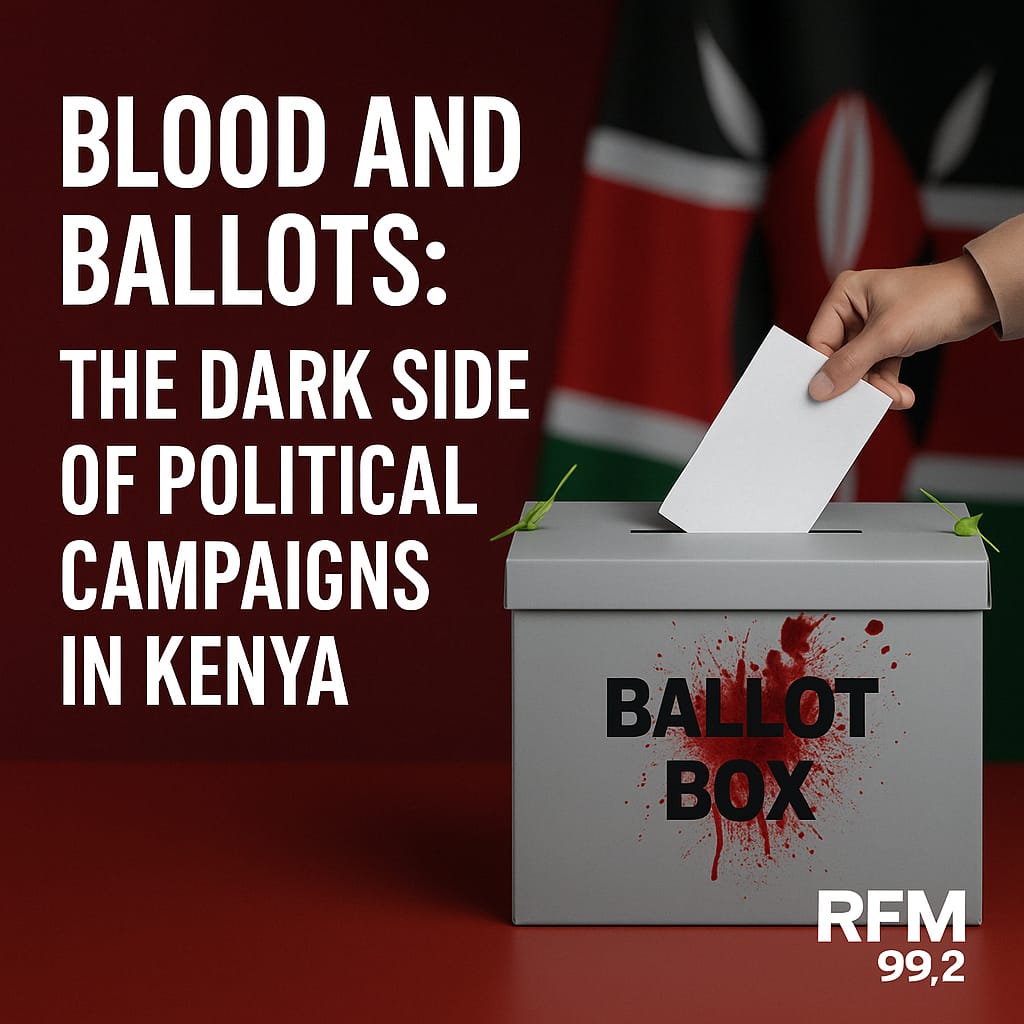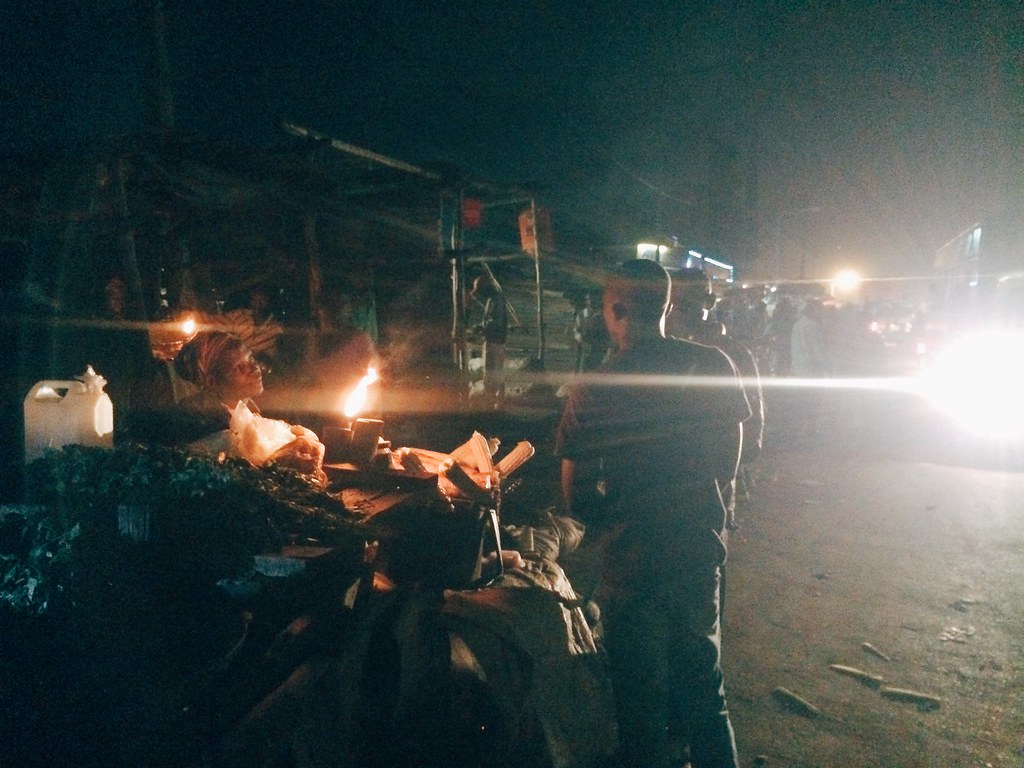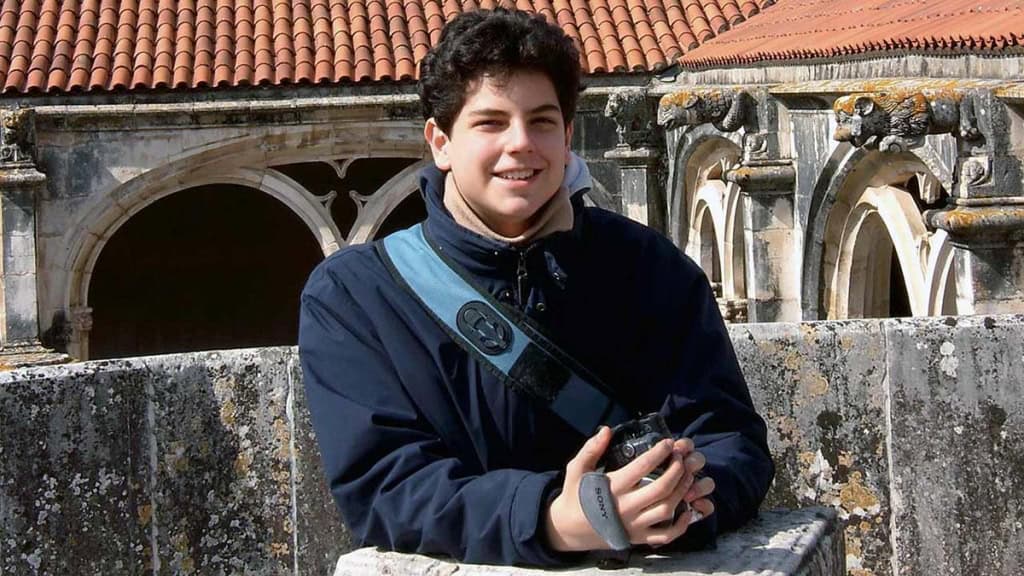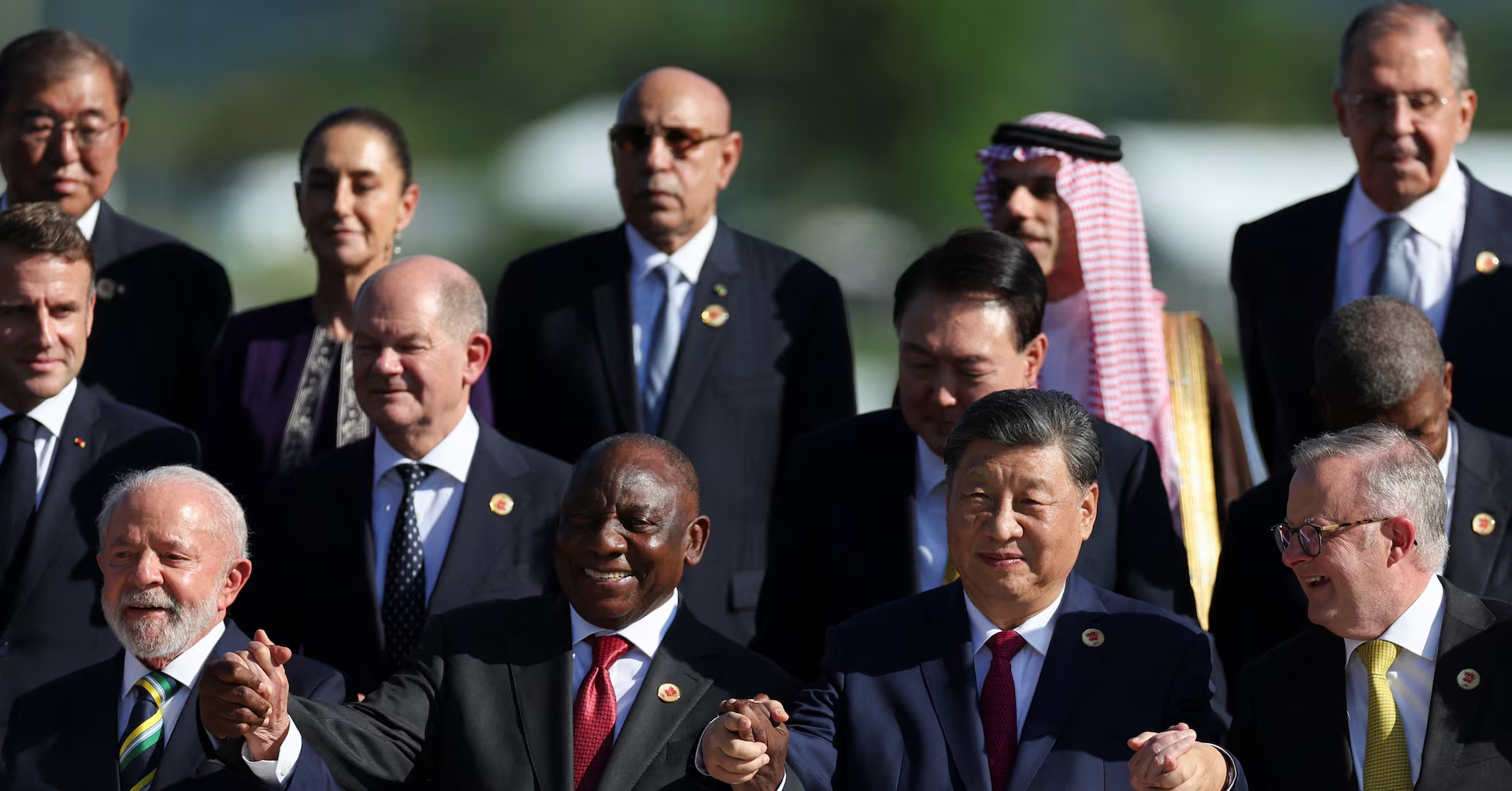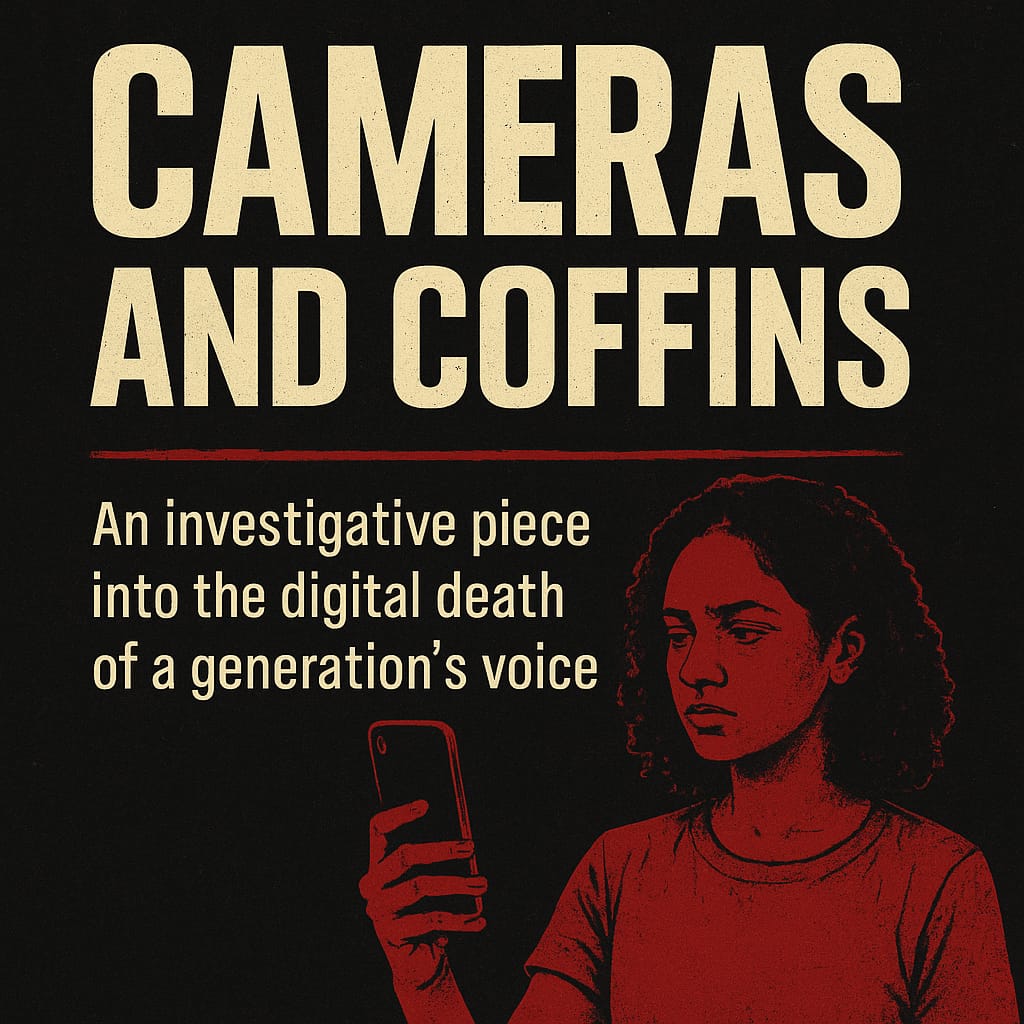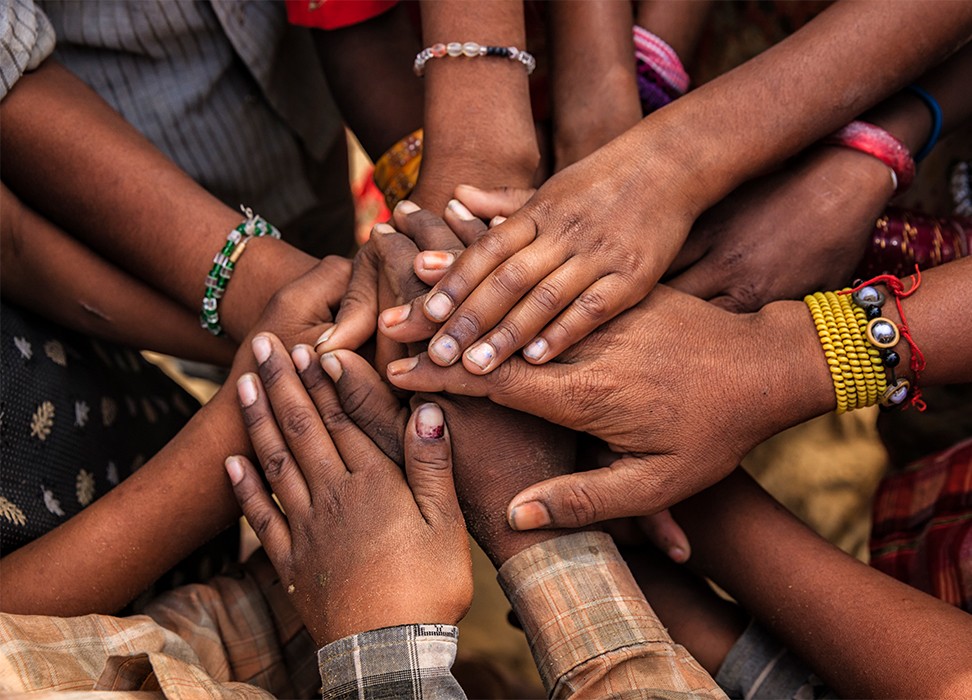“It began with a whisper in the village. Then came the posters, the cash handouts… and then the blood.”
Kenya’s political campaigns are painted in bright colours, catchy slogans, and roaring rallies—but behind the music and megaphones lies a darker rhythm. One of bribery. Betrayal. Violence. And silence.
The Price of Power
In many Kenyan towns, the campaign trail is more than a contest of ideas—it’s a battlefield where strategy is often replaced with survival instincts.
“We were told to bring in the youth, rile them up, and ‘secure the ward,’” says a former campaign mobilizer from Western Kenya who spoke to Cradior on condition of anonymity. “That meant blockading roads, intimidating our opponent’s supporters, sometimes even slashing campaign banners in the dead of night.”
The stakes are high. For every parliamentary seat, there are promises of wealth, prestige, and unchecked influence. Candidates pour millions into their campaigns—not always for posters and rallies, but for ground operatives, bribed voters, and if necessary, hired goons.
One such operative, a self-declared “political fixer” from Kisii, offered this chilling confession:
“If you want to win, you must be willing to stain your hands. Those clean ones don’t make it to the swearing-in.”
Youth on the Frontlines
For many young Kenyans, political campaigns are both opportunity and danger.
Boda boda riders, student leaders, and social media influencers are often used as cheap labor for dirty jobs. They are the hands that distribute bribes, scatter rival gatherings, or create chaos in volatile areas.
Jackson Otieno, a 24-year-old who once worked for a prominent Nairobi MP candidate, recalls:
“We were given T-shirts, 2K each, and fuel. Our job was to ‘escort’ the convoy of the rival through our stronghold. We did more than that. Stones were thrown. One car was torched. The police watched.”
Some never make it out. In 2022, a youth leader in Nakuru was found dead three days after leading a protest against a governor’s campaign convoy. Police ruled it a robbery. His family disagrees. They’ve since gone silent.
Campaign Season Casualties
Kenyan elections are routinely stained with tragedy. In parts of Kisumu, Kakamega, and Embu, families have buried sons and brothers whose only crime was choosing the wrong T-shirt to wear in a political rally.
Take the case of 19-year-old Moses Muthoka from Makueni, who was stabbed during a political clash outside a polling station. His mother, Martha, recounts the horror:
“He just went to see the crowd. He wasn’t even voting. But they said he looked like a ‘spy’ for the other side. They beat him like a thief.”
Statistics are hazy. Human rights groups claim dozens of deaths related to campaign violence in each election cycle. Few make it to court. Fewer still result in justice.
The Untouchables
The real architects of this violence? Often untouchable.
Candidates rarely get their hands dirty. Instead, they operate through layers of coordinators, who work with unofficial youth groups—some with criminal pasts. Money changes hands under the table. Police officers are paid off or instructed to look away.
“Everyone is eating,” says a security officer in Nairobi. “Even some of us. When a powerful name calls, you don’t interfere. You just step back.”
A leaked WhatsApp audio from a 2022 campaign coordinator allegedly revealed instructions to “suppress” a rival’s stronghold using “whatever means necessary.” The audio went viral. No arrests were made.
A Culture of Silence
The most terrifying part? The silence that follows.
Victims are often too scared to speak. Witnesses disappear. Families are warned.
Grace Wanjiru, whose brother was killed during a 2017 gubernatorial campaign dispute in Nyeri, still lives in fear.
“We knew who did it. Everyone knew. But after the funeral, an officer told us quietly—‘Let it go. You don’t want this smoke.’ So we buried the case like we buried my brother.”
Her family has since relocated. No justice. No closure.
A Broken System
Kenya’s democracy is vibrant, but its campaigns are laced with shadows. The hunger for power is devouring lives, particularly among the youth who should be shaping the future, not dying for someone else’s ambition.
Every five years, the country gears up for an election—but for many communities, it feels like gearing up for war. There is applause in city halls, while mothers weep in silence back home.
Final Words
As we prepare for another election season, we must ask—how many more graves must be dug before ballots replace bullets?
Until campaign violence is treated as a national emergency, the blood will keep flowing—quietly, quickly, and without consequence.
Got a story to share? Contact the Cradior investigations desk confidentially at radior1923@gmail.com or leave a comment below. Your voice matters.
Disclaimer:
(Some names, events, and dialogues in this article have been fictionalized for narrative and illustrative purposes. However, they are inspired by real patterns and historical occurrences tied to Kenyan political campaigns. This feature aims to shed light on the often-overlooked human cost of election season violence in Kenya.)



